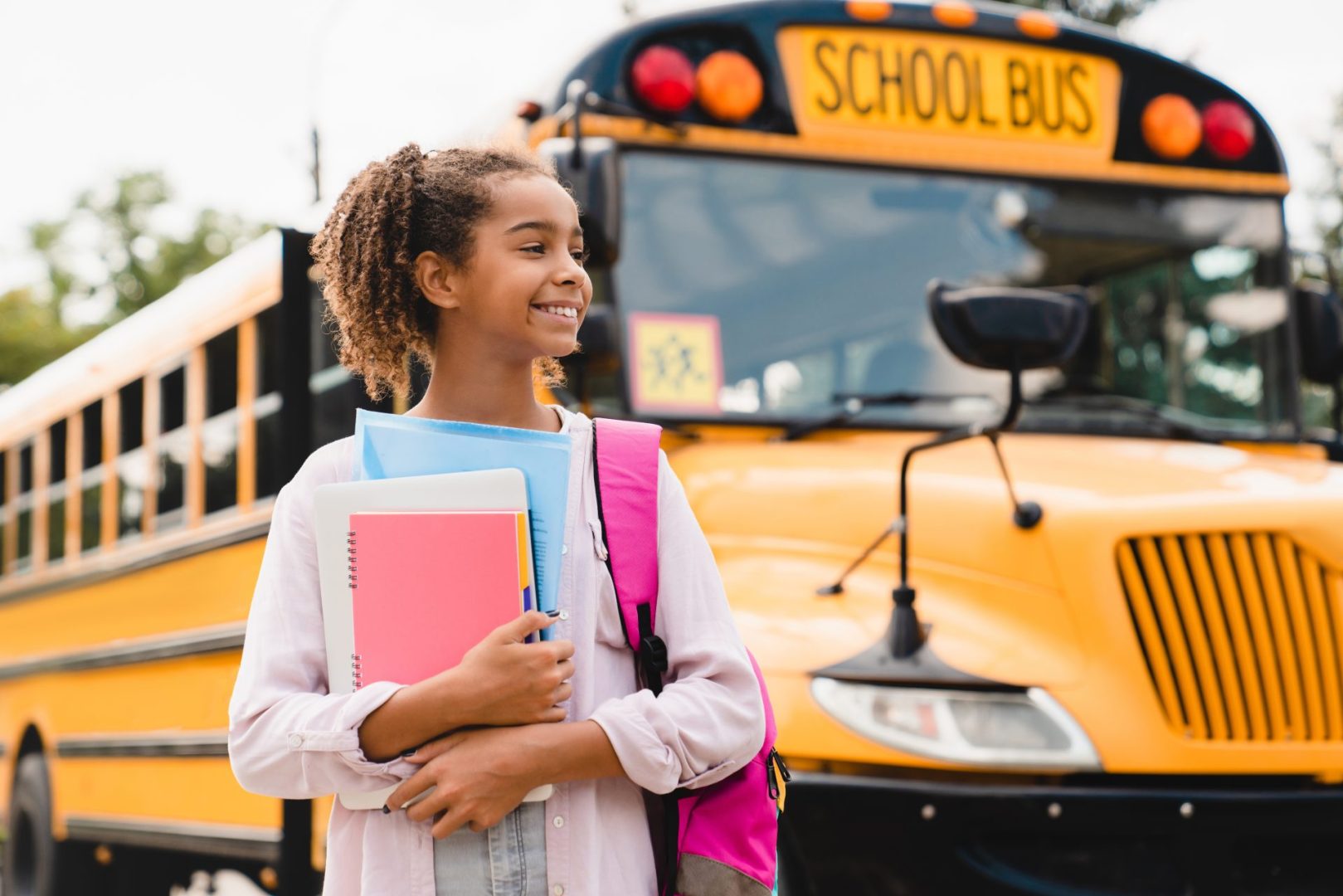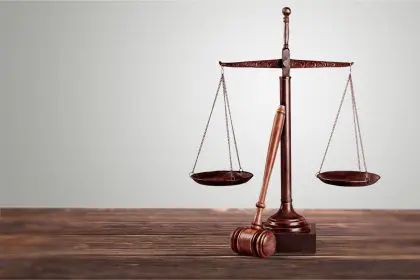A heated legal battle is unfolding in Mississippi over a controversial state law that restricts diversity, equity, and inclusion programs in schools and universities. The legislation has sparked intense debate about educational freedom, constitutional rights, and how American history should be taught in classrooms across the state.
The conflict represents far more than a local policy dispute, touching on fundamental questions about academic freedom, student rights, and the role of government in shaping educational content. As the case moves through federal court, its outcome could influence similar legislation in other states and reshape how schools approach discussions about race, history, and social justice.
The controversy has divided communities, educators, and lawmakers who hold sharply different views about what constitutes appropriate educational content and how schools should address America’s complex racial history. The legal challenge threatens to expose deep philosophical divisions about the purpose of education and the boundaries of government authority over classroom instruction.
The scope and impact of the education restrictions
Mississippi’s education law, passed through House Bill 1193, imposes sweeping restrictions on K-12 schools and public universities regarding diversity, equity, and inclusion programs. The legislation prohibits educational institutions from implementing DEI initiatives and restricts teaching what lawmakers have labeled as “divisive concepts.”
The law’s broad language creates uncertainty about what educational content and activities are permissible, leading to concerns among educators about potential legal consequences for standard classroom discussions. Teachers and professors worry that routine lessons about American history, civil rights, or social issues could trigger violations of the new restrictions.
The enforcement mechanism includes provisions allowing parents, students, and community members to file lawsuits against schools they believe have violated the ban. This citizen enforcement model creates a system where educational institutions face potential legal action from multiple sources, adding complexity to their decision-making processes about curriculum and programming.
Schools that receive two violations face the threat of state funding withdrawal until they address the alleged infractions. This financial pressure creates additional incentives for educational institutions to avoid any content or programs that might be interpreted as violating the law’s restrictions.
Constitutional concerns drive legal challenge
Civil rights organizations have filed a federal lawsuit challenging the Mississippi law on constitutional grounds, arguing that the legislation violates both First and Fourteenth Amendment protections. The legal challenge focuses on the law’s vague language and its potential to restrict free speech rights of educators and students.
The lawsuit seeks a temporary restraining order to prevent state enforcement of the law while the constitutional questions are resolved in court. Legal advocates argue that the uncertainty created by the law’s ambiguous language has already begun to chill academic discourse and limit educational opportunities for students.
The First Amendment concerns center on restrictions to free speech and academic freedom that the law allegedly imposes on educators and students. The legal challenge argues that the broad language of the legislation could be interpreted to prohibit legitimate educational discussions about historical events, social issues, and contemporary challenges.
Fourteenth Amendment claims focus on equal protection issues, with advocates arguing that the law discriminates against certain viewpoints and perspectives in educational settings. The constitutional challenge suggests that the legislation creates an unequal educational environment that favors some perspectives while suppressing others.
The chilling effect on classroom discussions
Educators across Mississippi report growing concern about how the new law might affect their ability to teach standard curriculum content, particularly in subjects like history, social studies, and literature. The fear of potential legal consequences has led some teachers to self-censor or avoid topics they previously addressed in their classrooms.
The law’s impact extends beyond formal DEI programs to potentially affect routine classroom discussions about historical events, current events, and literary works that address racial themes or social justice issues. Teachers worry that discussing the negative impacts of slavery, Jim Crow laws, or civil rights struggles could be interpreted as violations of the new restrictions.
English teachers express concern about teaching classic American literature that addresses racial themes, while history teachers worry about covering standard curriculum content related to civil rights movements, racial violence, or institutional discrimination. The uncertainty has created a climate of caution that may limit educational opportunities for students.
The psychological impact on educators includes increased stress and anxiety about potential legal consequences for their teaching practices. Some teachers report spending additional time reviewing lesson plans and educational materials to avoid potential violations, diverting attention from other aspects of their professional responsibilities.
Political negotiations and compromise attempts
The passage of Mississippi‘s DEI ban involved extensive political negotiations as lawmakers attempted to balance competing interests and concerns. The final legislation included compromise provisions designed to address some objections while maintaining the core restrictions on diversity programs.
One significant compromise requires individuals to pursue an internal campus review process before filing lawsuits against educational institutions. This 25-day review period allows schools to address alleged violations and potentially resolve disputes without litigation, reducing the immediate threat of legal action.
The compromise provisions reflect recognition among some lawmakers that the original legislation might have been overly broad or difficult to implement fairly. However, critics argue that these modifications do not address the fundamental constitutional concerns about the law’s restrictions on educational content and academic freedom.
The political negotiations also revealed divisions within the state legislature about the appropriate scope of government oversight of educational institutions. Some lawmakers expressed concern about the potential for the law to interfere with legitimate educational activities while others argued for stronger restrictions on what they viewed as inappropriate political indoctrination.
Historical context and racial tensions
Mississippi’s troubled history with racial discrimination and civil rights violations adds particular significance to the current debate over diversity education. The state’s legacy of slavery, Jim Crow laws, and resistance to civil rights progress creates a complex backdrop for discussions about how schools should address issues of race and equity.
The irony of restricting diversity education in a state with such a problematic racial history has not been lost on critics of the legislation. Some argue that Mississippi, more than most states, needs robust discussions about racial justice and historical injustices rather than restrictions on such conversations.
The current controversy reflects ongoing tensions about how American history should be taught and whether schools should emphasize positive aspects of the nation’s development or include comprehensive discussions of historical injustices and their ongoing impacts. These tensions have intensified in recent years as communities grapple with questions about racial justice and social equity.
The involvement of civil rights organizations in challenging the law highlights the broader national significance of the Mississippi case. The outcome could influence how other states approach similar legislation and affect the national conversation about education, race, and constitutional rights.
National implications and similar legislation
Mississippi’s DEI ban is part of a broader national trend of state legislation restricting diversity programs and discussions about race in educational settings. States including Texas, Florida, and West Virginia have enacted similar laws, creating a patchwork of restrictions across the country.
The proliferation of such legislation reflects deeper political divisions about the role of schools in addressing social issues and historical injustices. Conservative advocates argue that schools should focus on traditional academic subjects without what they view as political indoctrination, while liberal critics contend that these restrictions limit educational opportunities and suppress important discussions about American history and contemporary social challenges.
Federal pressure has also influenced institutional responses to diversity programs, with some colleges and universities eliminating DEI initiatives in response to government threats about funding restrictions. This federal involvement adds another layer of complexity to the debate about educational freedom and institutional autonomy.
The legal challenges to state DEI bans are being closely watched by educators, policymakers, and civil rights advocates across the country. Court decisions in Mississippi and other states could establish important precedents about the constitutional limits of government authority over educational content and institutional programming.
Impact on students and educational quality
The restrictions on diversity programming and classroom discussions may have significant impacts on students’ educational experiences and preparation for life in a diverse society. Critics argue that limiting exposure to different perspectives and historical realities leaves students less prepared to understand complex social issues and work effectively in diverse environments.
Students from minority backgrounds may feel particularly affected by restrictions that limit discussions about their communities’ experiences and contributions to American society. The psychological impact of such restrictions could affect student engagement, academic performance, and sense of belonging in educational institutions.
The law’s effects on teacher recruitment and retention represent another concern for educational quality. Educators may be reluctant to work in environments where they face potential legal consequences for standard teaching practices, potentially affecting the quality of instruction available to students.
The long-term consequences for Mississippi’s educational system remain unclear, but the current controversy has already created uncertainty and division that may affect the state’s ability to attract and retain quality educators and provide students with comprehensive educational opportunities.
Looking ahead: legal and political developments
The federal court case challenging Mississippi’s DEI ban will likely take months or years to resolve fully, with appeals possible regardless of the initial outcome. The legal proceedings will provide important insights into how courts interpret the constitutional issues raised by restrictions on educational content and programming.
The political landscape around these issues continues to evolve as communities grapple with questions about educational freedom, government authority, and social justice. The outcomes of legal challenges and political debates in Mississippi and other states will influence future policy developments and educational practices.
Educational institutions are developing strategies to navigate the complex legal and political environment while maintaining their commitment to providing quality education for all students. These efforts include legal compliance reviews, policy updates, and community engagement initiatives designed to address concerns while preserving educational opportunities.
The national conversation about diversity, equity, and inclusion in education shows no signs of diminishing, with Mississippi’s case serving as a prominent example of the tensions and challenges facing American schools. The resolution of these issues will have lasting implications for educational policy, constitutional law, and the ongoing struggle for civil rights and social justice in America.


















